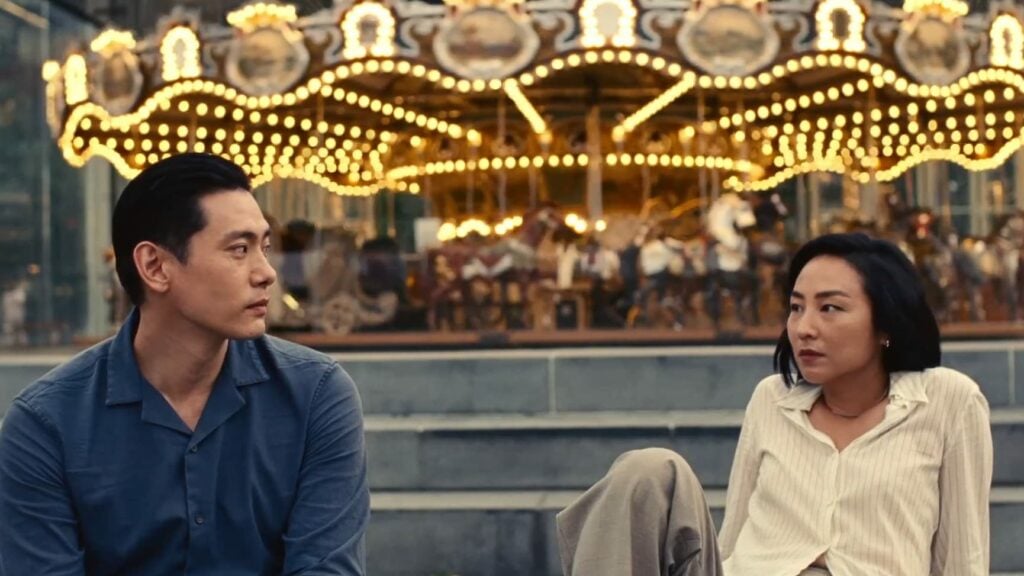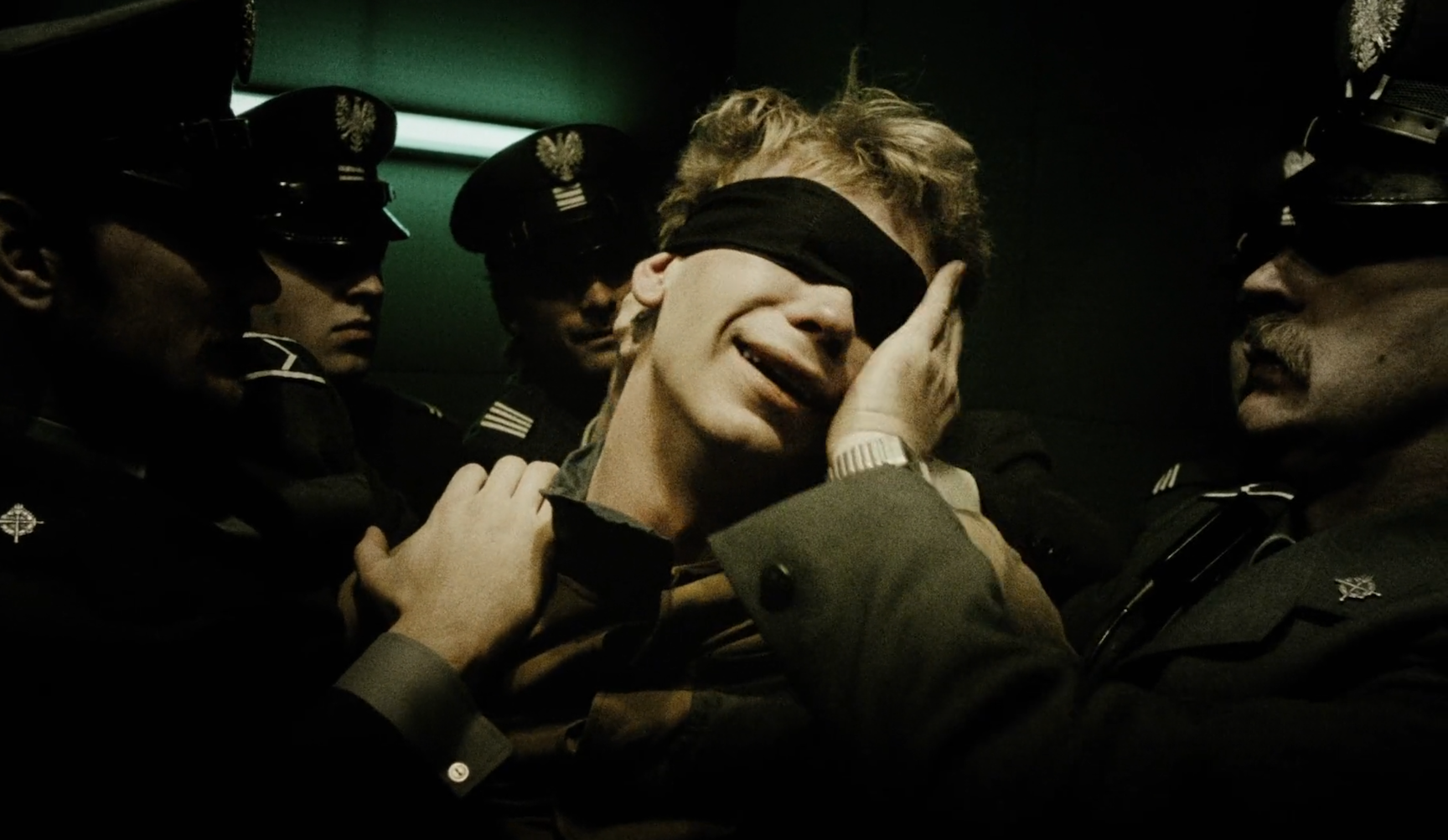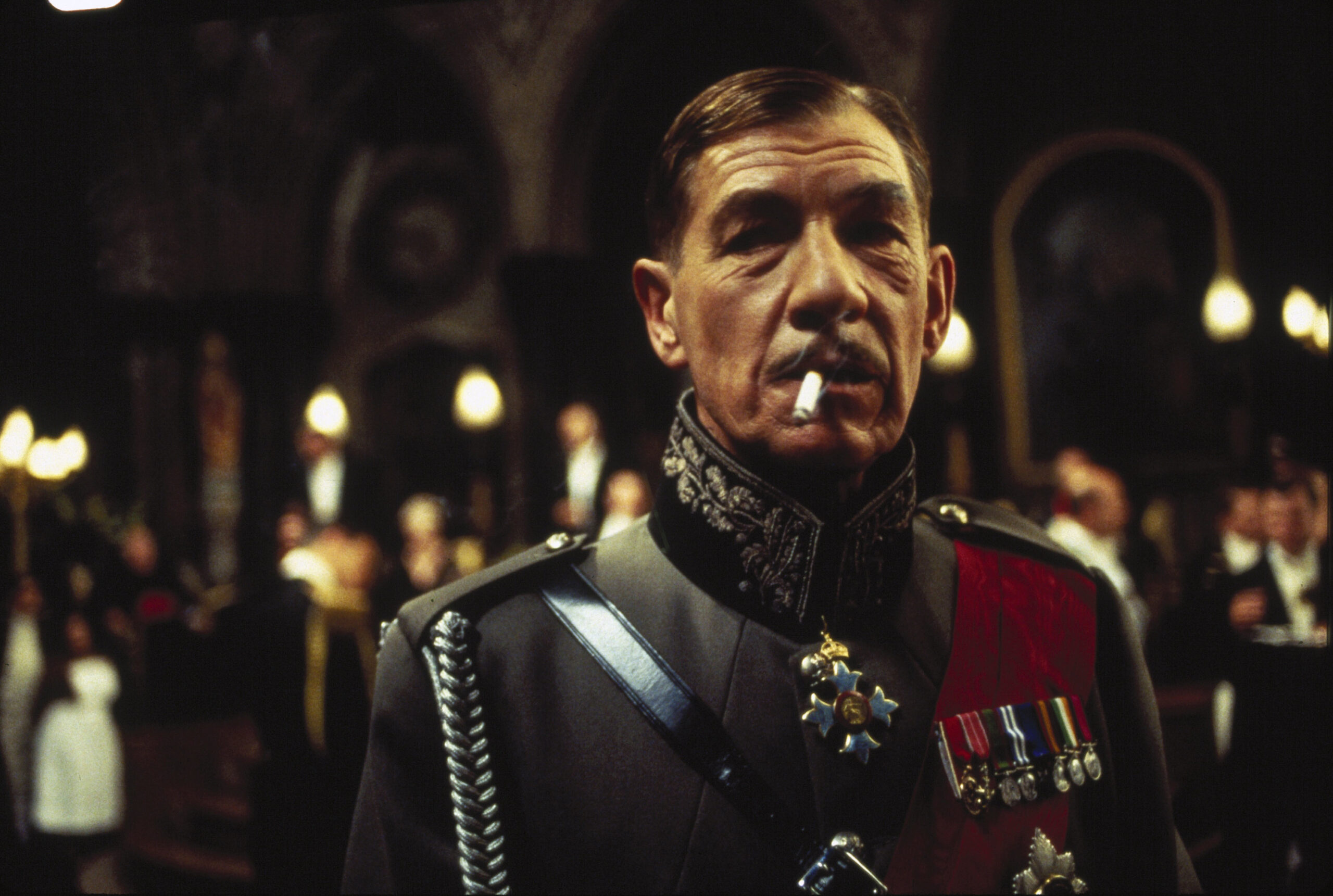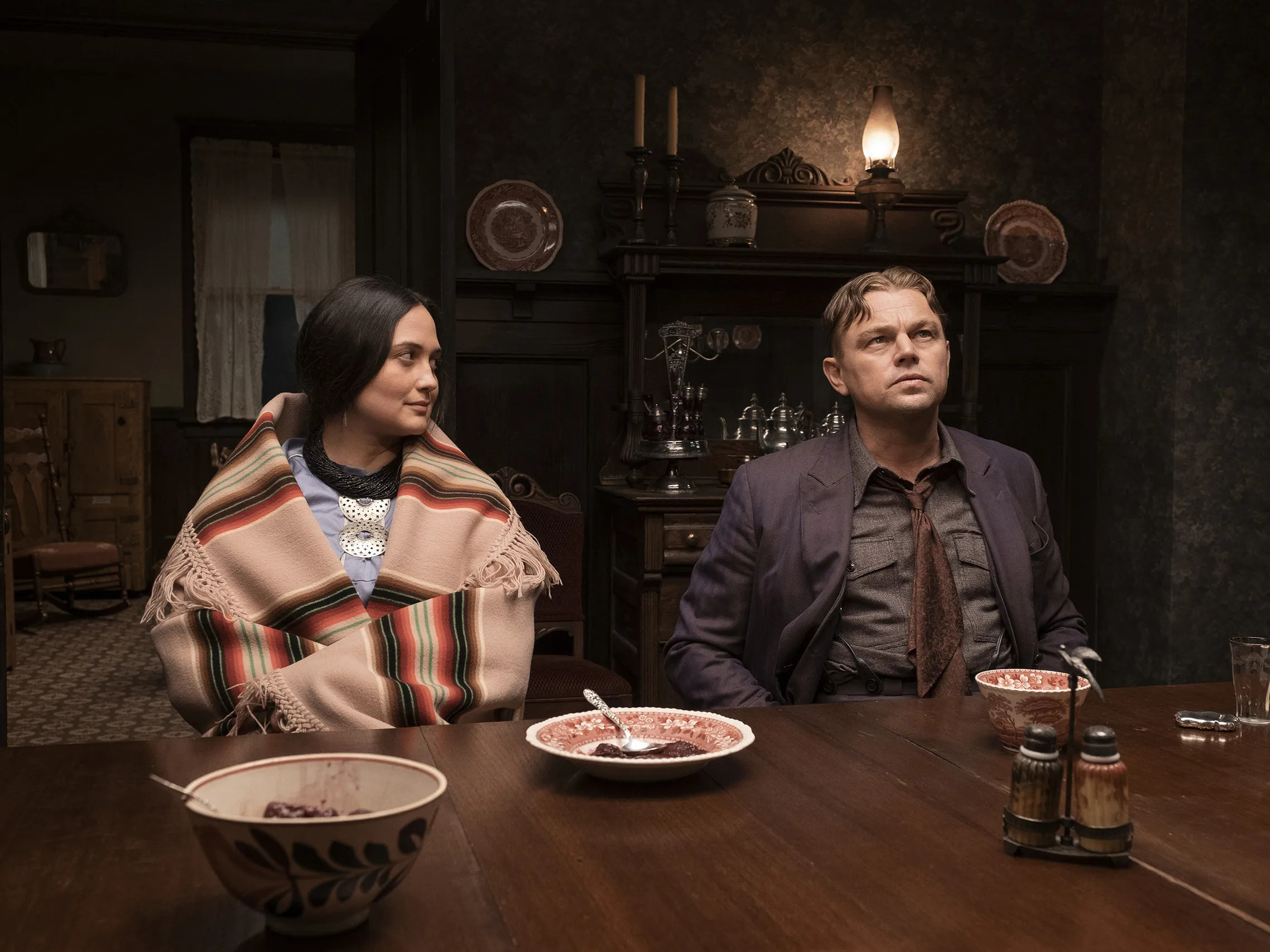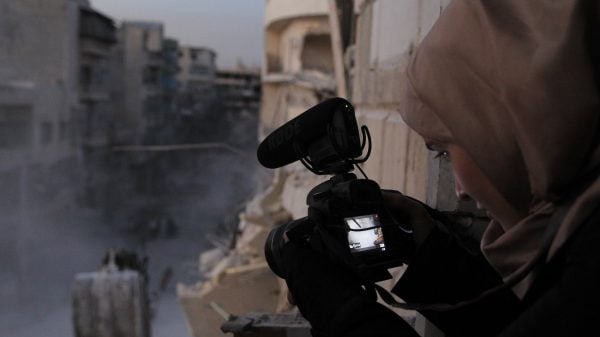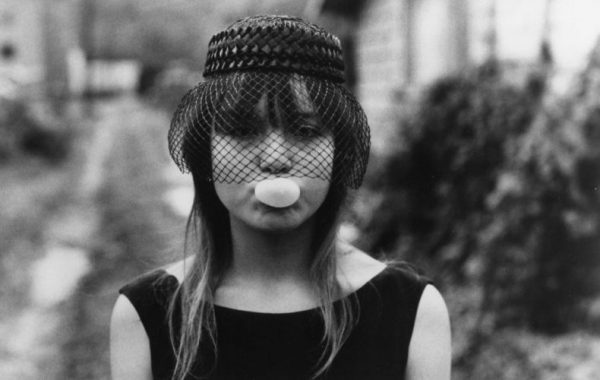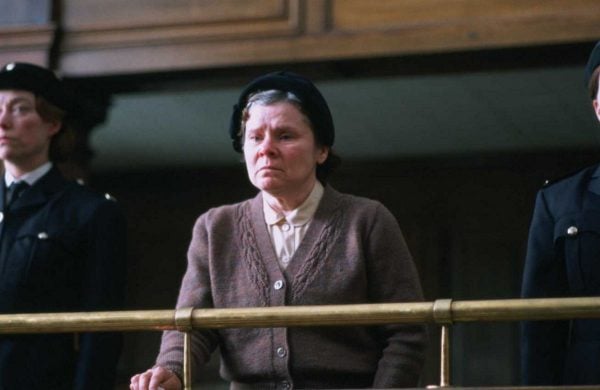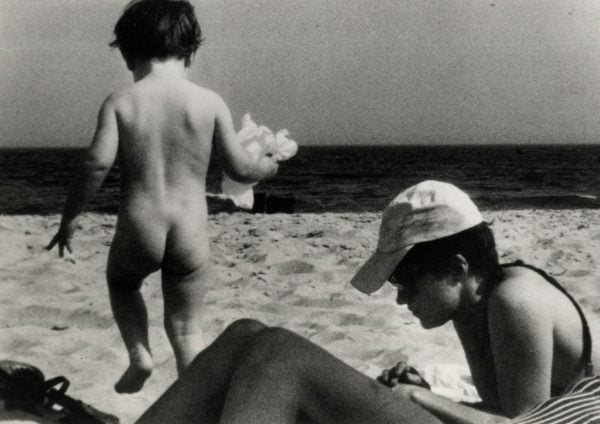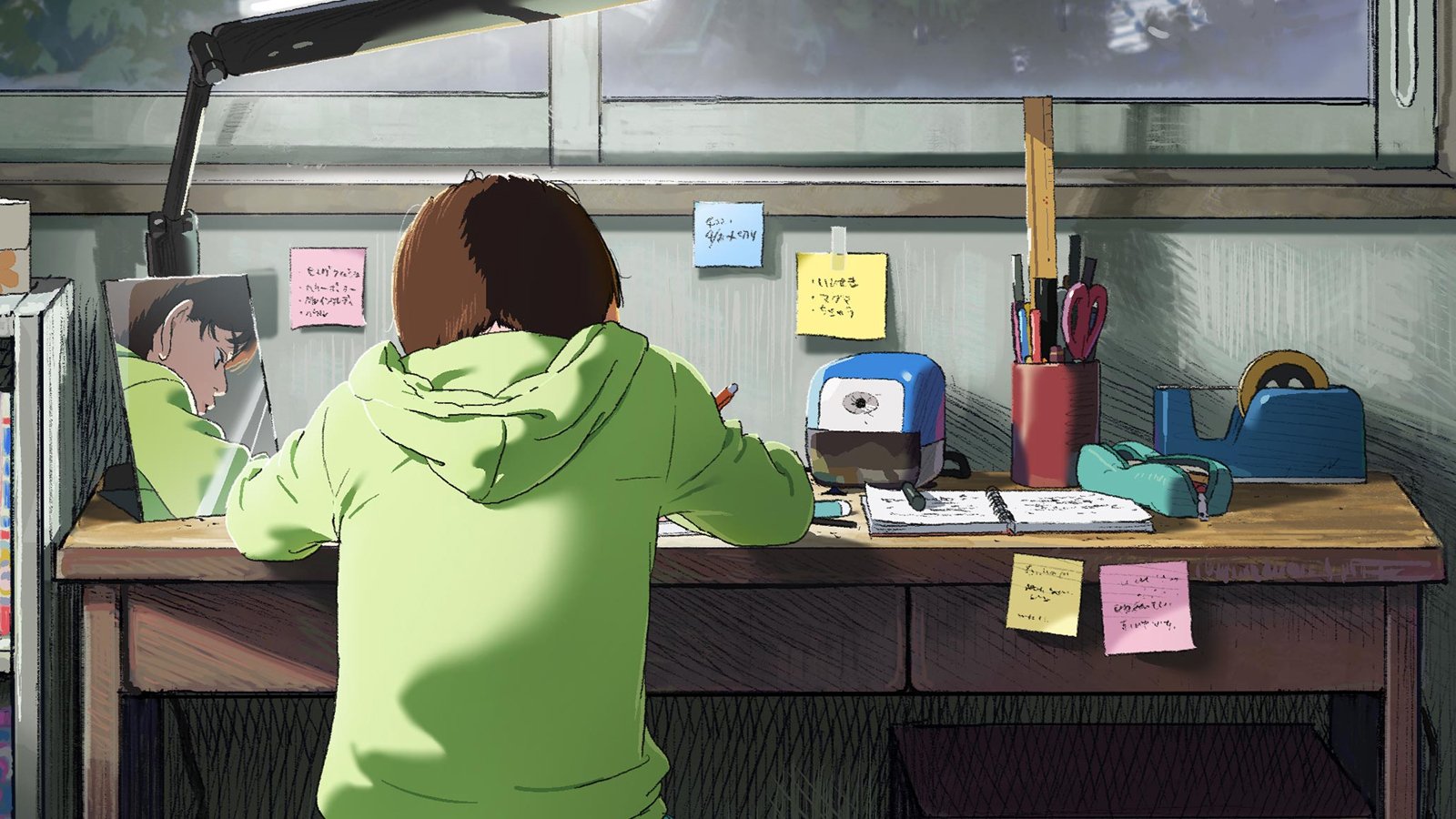
100 Best Films From Directors Under 30
April 7, 2025
Share:
In an industry dominated by seasoned veterans, these young prodigies have burst onto the scene, challenging conventions and redefining the art of storytelling. These films showcase the raw talent and unique perspectives of directors under 30 (at the time of their film’s release), proving that age is no barrier to cinematic brilliance. Prepare to be awe-inspired and witness the birth of a new generation of filmmakers who are destined to shape the future of cinema. Get ready to discover the best films by directors under 30 that will leave you in awe and eager for what’s to come.
Read also:
51. Past Lives (2023)
Genres
Director
Actors
Moods
The concepts of roads not taken and domino effects have received plenty of cinematic attention in their showier forms by way of multiverse comic book movies and dimension-hopping films like Everything Everywhere All At Once. But, though there’s no hint of sci-fi in Past Lives, Celine Song’s gentle film can count itself as one of the best treatments of that universe-spawning question: “what if?”
When her family moves from Seoul to Canada, teenage Na Young bids a loaded farewell to classmate Hae Sung and changes her name to Nora. Years later, they reconnect online and discover the spark still burns between them. This is no idealistic romance, though: Past Lives is told with sober candor. Song acknowledges real obstacles standing in the way of a relationship between the two — those pragmatic (distance) and, more painfully, personal (evolving personalities, American husbands).
Those two threads — unrealized romance and the transmutation of identity that so often takes place after migrating — are expertly entwined in Past Lives to produce a sublime, aching meditation on memory and time, practical love and idealistic romance, and all the complex contradictions that exist in between. That Song communicates so much and so delicately in only her first film makes Past Lives all the more stunning.
52. A Short Film About Killing (1988)
Genres
Director
Actors
Moods
Even before any blood is inevitably shed during A Short Film About Killing (which serves as the expansion of another episode from director Krzysztof Kieślowski’s Dekalog miniseries, alongside A Short Film About Love), there’s something positively oppressive and sinister even just in the way the movie is shot. Kieślowski and cinematographer Witold Adamek use color filters to make the film deliberately ugly—as if the image is degrading right in front of us. Oftentimes shadows obscure the edges of the frame, shining a sickly yellow spotlight on the characters on screen. It’s the perfect way to get right into the heads of these people existing in a lawless land driven by primal instinct.
When crime and punishment finally occur, they’re equally difficult to watch unfold, but in different ways. Kieślowski lingers on the details—the tools and processes that we tell ourselves will make the act of killing easier. And what he’s ultimately able to expose is how capital punishment has been made to seem humane, just, or necessary, when it’s often even more barbaric, cruel, and unproductive than a crime borne of desperation. The very government that does nothing to address the roots of crime is the same one most eager to kill criminals instead.
53. Smoke (1995)
Genres
Director
Actors
Moods
Like a long, slow drag of a cigar, Smoke is a patient pleasure. Adam Holender’s leisurely lingering camera and the film’s relaxed editing allow us to savor the actors’ performances and the thoughtful script uninterrupted, trusting in their ability to captivate us. And captivate us is exactly what novelist Paul Auster’s screenplay and the film’s superlative ensemble do.
The film kicks off in Auggie Wren’s (Harvey Keitel) Brooklyn smoke shop, where myriad customers linger to chat and unexpected friendships form. The serendipitous network around which Smoke revolves unfurls gradually, like a curling wisp of smoke: Auggie’s patron Paul (William Hurt), a writer’s block-struck novelist grieving the violent death of his pregnant wife some years ago, has his life saved by Harold Perrineau’s Rashid, the estranged 17-year-old son of a struggling mechanic (Forest Whitaker). Ashley Judd and Stockard Channing also feature in Auggie’s portion of the film, one of its five loose vignettes (although the film flows much more fluidly than a chapterized structure suggests). Auster’s contemplative, dialogue-driven screenplay — along with the film’s unhurried editing and luxuriating cinematography — make Smoke a gorgeous example of the art of savoring, which is exactly what you want to do with this wonderful movie.
54. Richard III (1995)
Genres
Director
Actors
Moods
One of Shakespeare’s most indelible works is brought roaring to life in this explosive adaptation. The action is transposed from the 1400s to brutalist 1930s England, with the bloody civil war between the houses of Lancaster and York being waged by tanks and planes instead of cavalry. The switch isn’t merely cosmetic, though: in an inspired move, usurper Richard is reimagined here as the fascist head of an army of Nazi-esque Blackshirts (an analog of real militant far-right leader Oswald Mosley). Ian McKellen, who also co-wrote the screenplay, gives an odious but brilliant performance as the titular Machiavellian schemer who will stop at nothing to seize the crown, even betraying his own blood.
McKellen is joined by a gluttony of acting talent: Maggie Smith plays the King’s despairing mother, Annette Bening and Robert Downey Jr. are the unfortunate American queen and her brother, while the likes of Jim Broadbent, Bill Paterson, Kristin Scott Thomas, and Jim Carter fill up the royal court. All the richness of Shakespeare’s original writing is retained, charging the performances and the film around them with a grand sense of drama. Peter Biziou’s ostentatious cinematography is a perfect frame for it all, and helps cement this as much, much more than a piece of filmed theater.
55. Killers of the Flower Moon (2023)
Genres
Director
Actors
Moods
Martin Scorsese’s Killers of the Flower Moon isn’t a whodunnit; in fact, it’s closer to a who-didn’t-do-it. We know from the very beginning who is responsible for committing the brutal serial murders of wealthy Osage Native Americans in 1920s Oklahoma that the film chronicles: pretty much every single one of their white neighbors, spearheaded by William Hale (a skin-crawling Robert De Niro). Scorsese, most often associated with mafia stories, stealthily suggests here that the most dangerous gang of all is the one into which all these perpetrators have been born. That’s an idea he investigates through the confused loyalties of Leonardo DiCaprio’s Ernest Burkhart, the Judas-like husband of Mollie (movie-stealer Lily Gladstone), an Osage woman who owns lucrative oil headrights that William wants to fatten his own pockets with. This searing epic — based on a harrowing chapter of real American history — is an unsparing and self-implicating look at complicity and greed in the eye, a monumental movie that cements its maker as one of the greatest to ever do it.
56. For Sama (2019)
Genres
Director
Actors
Moods
This story of a filmmaker who stayed in Aleppo, Syria during the war, got married then had a child called Sama, is a mix of difficult and inspiring.
There are stories of unsurmountable loss, as the filmmaker’s husband is one of the 30 remaining doctors in Aleppo (a city of almost 5 million), and she films many of the victims that come to his hospital. But while this is happening, there are also uplifting stories of resilience and rare but profound moments of laughter and joy.
We’re growing too sensitized to violence in Syria, and this movie, possibly the most intimate account of the war, can stir back a much-needed awareness of the injustices that take place.
When things get really bad in the documentary, it’s hard not to wonder where the humanity is in all of this. You quickly realize that it’s right there, behind the camera, in Sama and her mother’s will to live.
57. 35 Shots of Rum (2008)
Genres
Director
Actors
Moods
This bittersweet film about a father and a daughter marks one of the more tender spots in Claire Denis’ brilliant filmography. Frequent collaborator Alex Descas plays Lionel (the father), while Mati Diop, now a director in her own right, plays Josephine (the daughter.) The film captures the two at a crossroads, with their closely-knit relationship tested as Josephine grows closer to her boyfriend, and Lionel must face the possibility of finally letting her go.
A melancholy lingers in the air as we learn more about their lives and the small community of neighbors and coworkers in their orbit. Meanwhile, the film’s climax holds a mesmerizing sequence set to the Commodores’ Nightshift, which has to rank as one of the best needle drops in cinema from a director who already has an all-timer under her belt. (see. Beau Travail)
58. Streetwise (1984)
Genres
Director
Actors
Moods
Martin Bell documents the lives of youth living in the streets of Seattle in the early eighties with profound empathy. It’s a type of filmmaking that doesn’t judge or condescend, but seeks to capture the humanity of its subjects. The result is a film bursting with life and laughter, and although tragedy lurks around every corner it isn’t over-sentimentalized or exploited, taking a backseat to the compassionate depiction of everyday moments.
The audience is left to its own devices to pull together the extent to which these youth have been failed by a broken safety-net and the expired promise of an American dream. These ideas rise to the surface naturally and serve as a testament to the power of the documentary form when it’s loosened from the grip of mawkish narrators and sugary moralizing.
59. Vera Drake (2004)
Genres
Director
Actors
Moods
Mike Leigh’s forthright and compassionate depiction of working-class life extends to his period pieces as well. Imelda Staunton is remarkable as Vera Drake, a housekeeper in 1950’s London who quietly performs abortions on the side.
Leigh’s vigilant portrayal of class highlights the stark divide between abortion access for the poor and what is offered to the rich. The storytelling is simple and straightforward, he doesn’t over-sentimentalize or grandstand, but merely depicts conditions as they were. Meanwhile, Staunton’s Vera oozes so much fullness, warmth, and empathy, that the heartbreak that follows is mercilessly palpable.
60. Sink or Swim (1990)
Genres
Director
Actors
Moods
One of the most notable avant-garde filmmakers, Su Friedrich is both a tour-de-force of documentary filmmaking and queer cinema. In Sink or Swim, Friedrich explores the complicated dynamic between a distant, work-oriented father and young daughter longing for his attention, approval, and love.
At just barely 45 minutes, Sink or Swim is cinematic poetry. The movie slowly unfolds across six vulnerable vignettes, through which Friedrich invites the viewer to meditate on the past alongside her. Through photographs, archival footage, and loose narrative storytelling, Freidrich shows that storytelling is a way of both healing the past and learning to live with its ghostly figures.
Comments
Add a comment
Ready to cut the cord?
Here are the 12 cheapest Live TV streaming services for cord-cutting.
More lists
Lists on how to save money by cutting the cord.
Curated by humans, not algorithms.
© 2025 A Good Movie to Watch. Altona Studio, LLC, all rights reserved.
